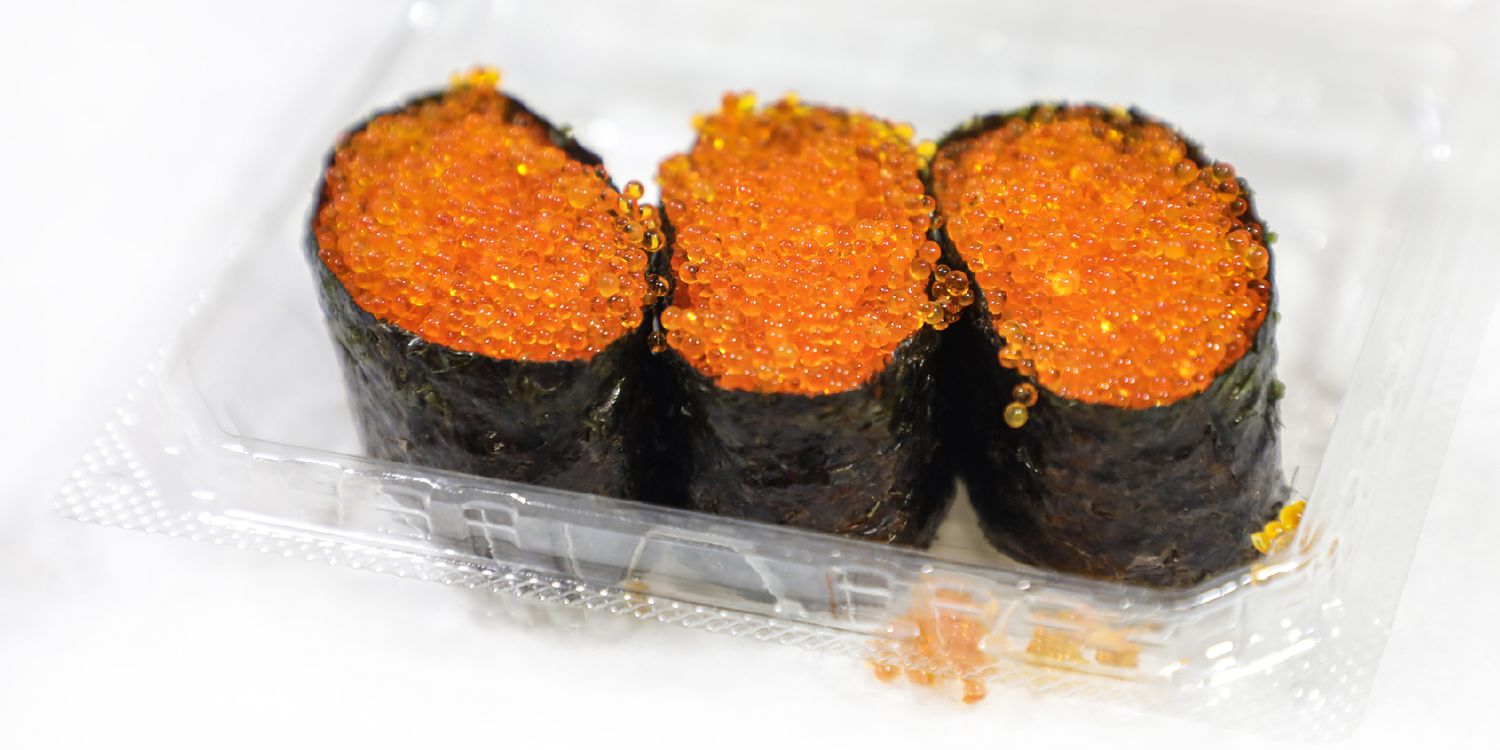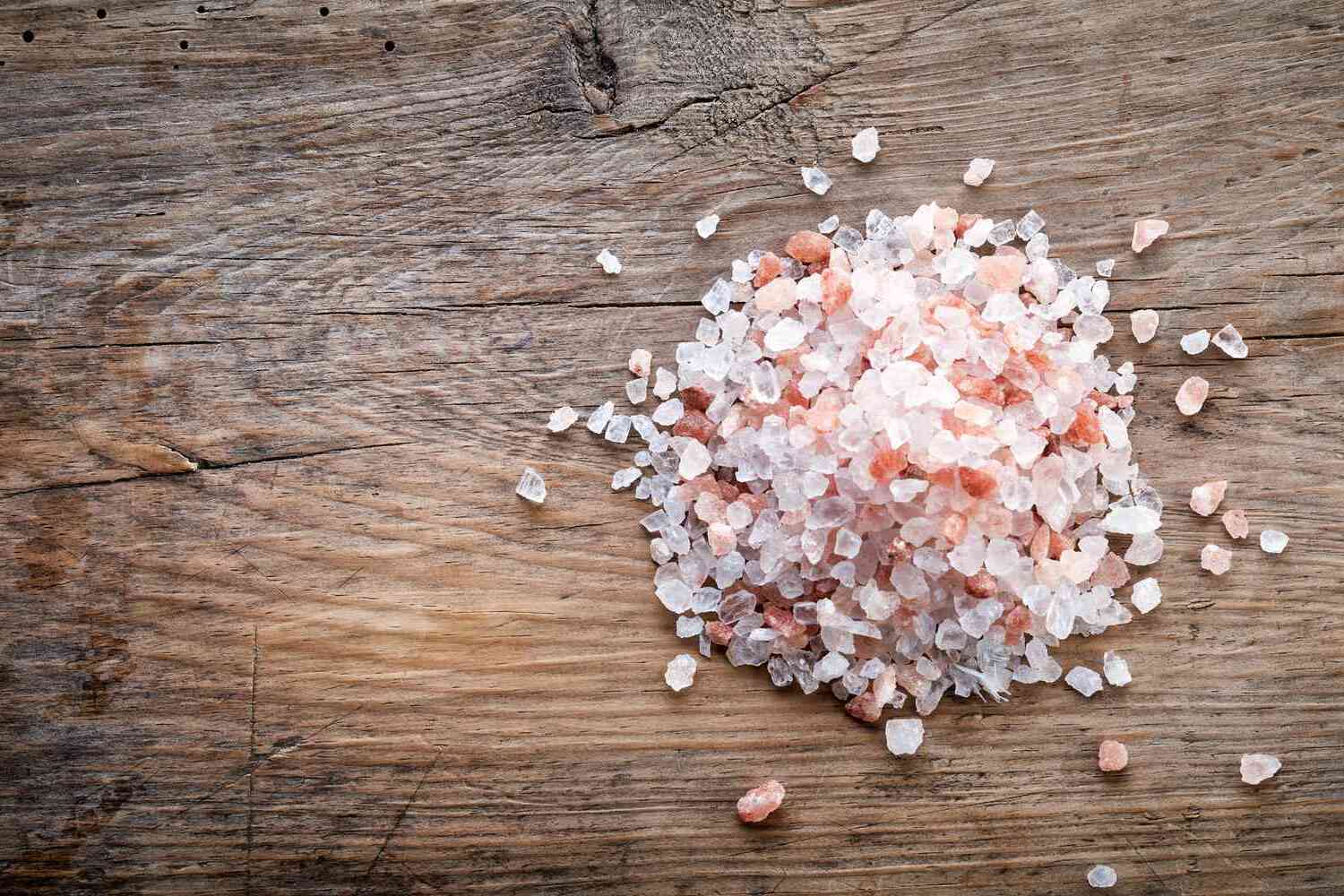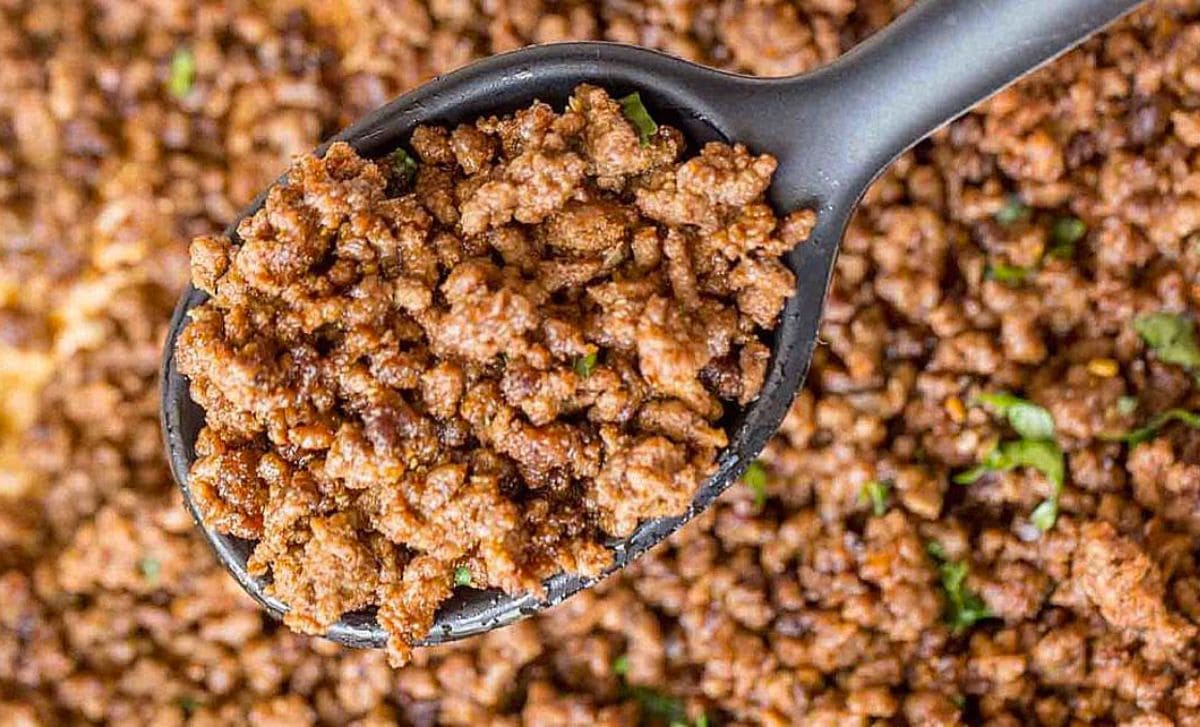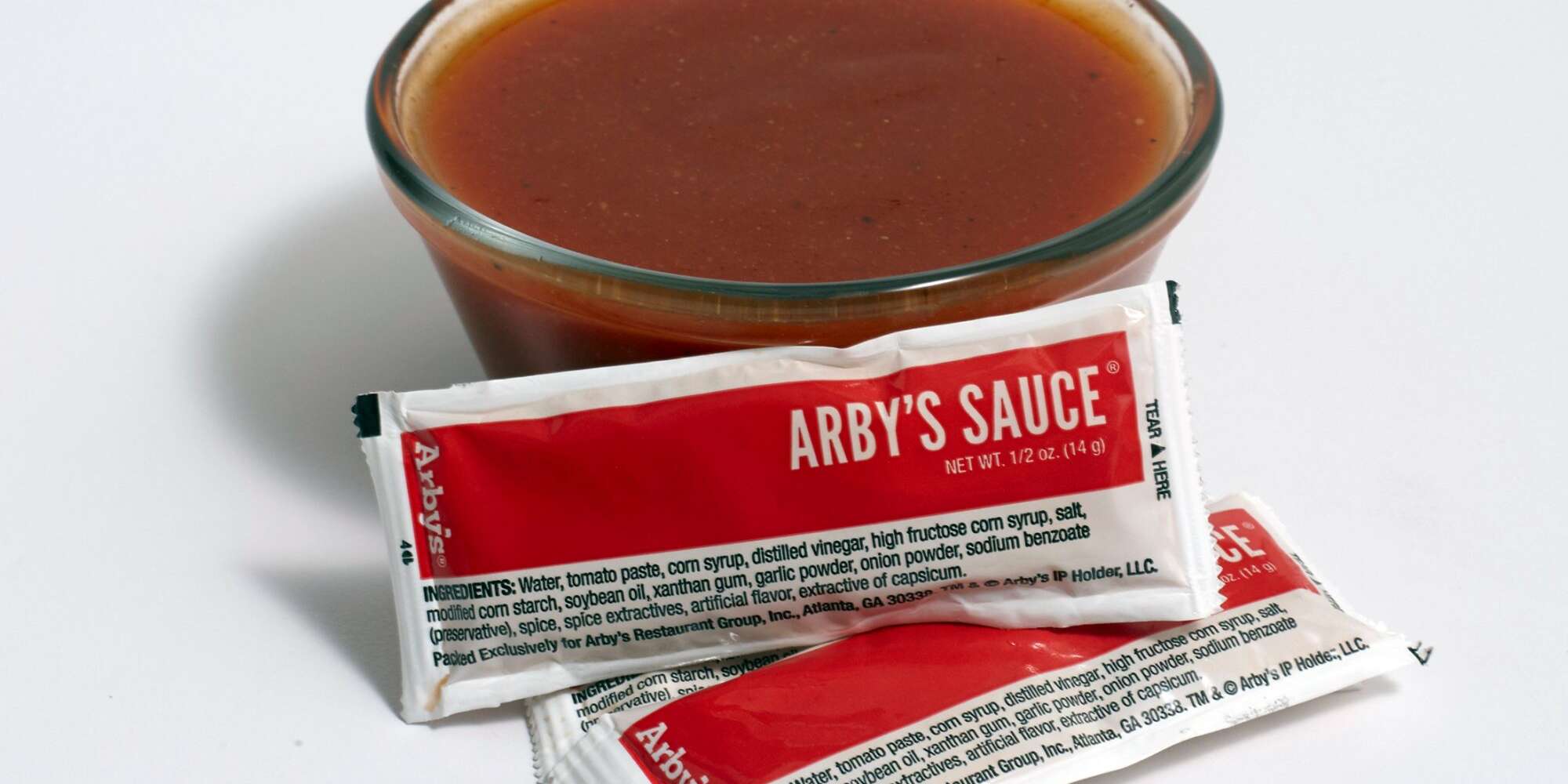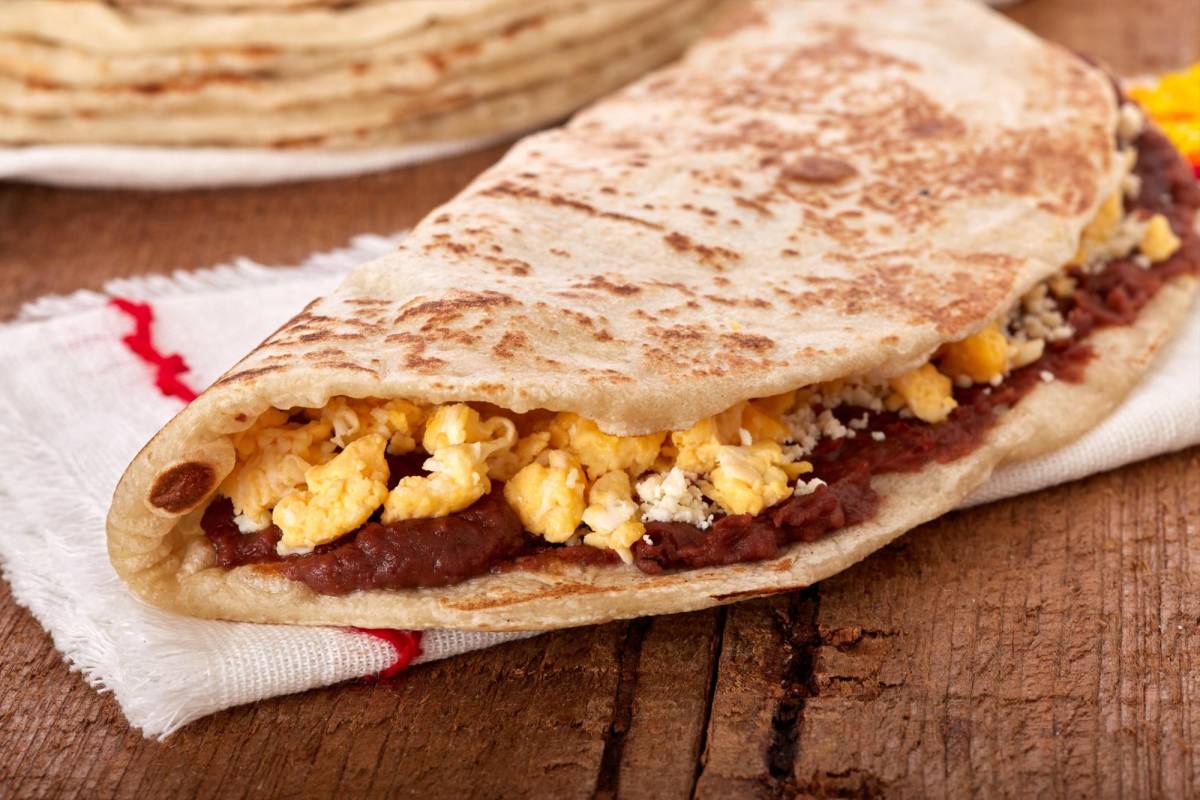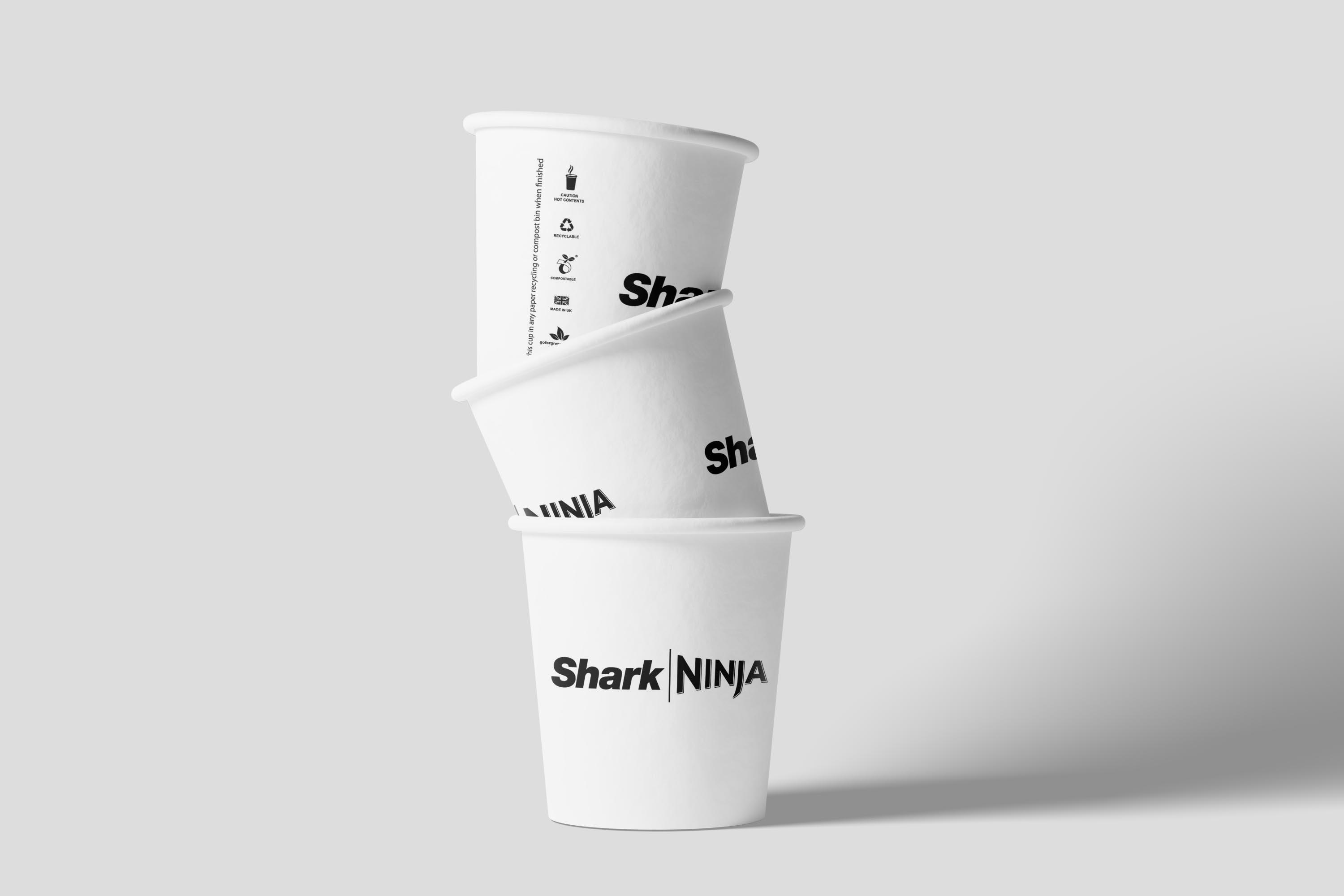Understanding Bone Char Sugar
When it comes to sugar, there are various types available in the market. One type that has gained attention in recent years is bone char sugar. But what exactly is bone char sugar, and how is it different from other types of sugar?
What Is Bone Char Sugar?
Bone char sugar, also known as natural carbon, is a type of sugar that has been processed using bone char. Bone char is a granular material that is produced by charring animal bones. It is commonly used in the sugar refining process to decolorize and remove impurities from sugar.
How Is Bone Char Sugar Made?
The process of making bone char sugar involves heating animal bones at a high temperature until they become charred. The charred bones are then crushed into a granular form, creating bone char. This substance is then used in the sugar refining process to achieve the desired level of whiteness in the sugar.
Is Bone Char Sugar Vegan?
One of the most common questions about bone char sugar is whether it is suitable for vegans. Since bone char is derived from animal bones, it is not considered vegan-friendly. However, it’s important to note that not all sugar is processed using bone char. Many sugar manufacturers use alternative methods, such as activated charcoal or ion-exchange resins, to refine sugar without the use of animal by-products.
Health and Environmental Considerations
While bone char sugar is widely used in the sugar industry, some consumers have raised concerns about its potential health and environmental impact. The use of animal by-products in sugar processing may not align with the values of individuals following a vegan or vegetarian lifestyle. Additionally, the production of bone char raises questions about sustainability and ethical practices within the sugar industry.
Alternatives to Bone Char Sugar
For those who prefer to avoid bone char sugar, there are alternative options available in the market. Look for sugar products that are labeled as “vegan-friendly” or “bone char-free.” Many natural and organic sugar brands utilize alternative methods for sugar refining, ensuring that their products are suitable for individuals with specific dietary preferences.
Conclusion
While bone char sugar is a common ingredient in many sugar products, it is important for consumers to be aware of its origins and potential implications. By understanding the process of sugar refinement and exploring alternative options, individuals can make informed choices that align with their values and dietary preferences.
Whether you choose to consume bone char sugar or opt for bone char-free alternatives, being informed about the products you purchase empowers you to make choices that resonate with your lifestyle and beliefs.
Was this page helpful?
Read Next: What Is Chinese Amazing Chicken?
